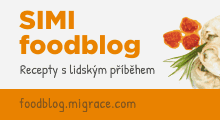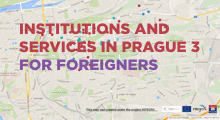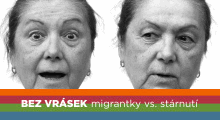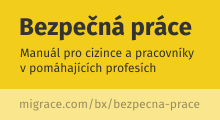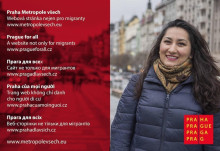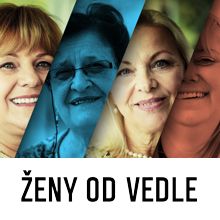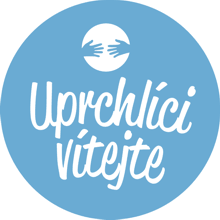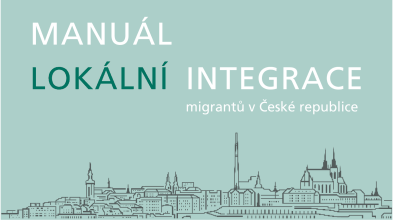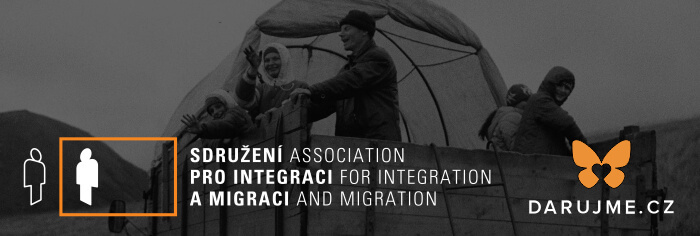EVALUATIVE NOTE: Conference "Regularisation of irregular migration"
With the participation of experts and a general public, the final conference for the project "Regularization as one of the tools in the fight against irregular migration", took place on 12 April 2011 in Prague.
The conference summarised the 2-year lasting work of three Czech non-governmental organisations dealing with the rights of foreigners (legal counseling, surveys, study of relevant legislation, lobbying for rights of immigrants in the Parliament), namely Association for Integration and Migration, Organisation for Aid to Refugees and Multicultural Centre Prague.
The key topic of the conference coincided with one of the main goals of the project – promotion of regularisation in the Czech Republic.
All presentations screened at the conference and video records of separate panel sessions are available at thed project internet platform: http://www.migraceonline.cz/e-knihovna/?x=2291509
The conference summarised the 2-year lasting work of three Czech non-governmental organisations dealing with the rights of foreigners (legal counseling, surveys, study of relevant legislation, lobbying for rights of immigrants in the Parliament), namely Association for Integration and Migration, Organisation for Aid to Refugees and Multicultural Centre Prague. Their common project, presented at the conference, was funded by the European Social Fund through the Operational Program Human Resources and Employment and the state budget of the Czech Republic
The key topic of the conference coincided with one of the main goals of the project – promotion of regularisation in the Czech Republic. Regularisation programs may exist in different forms, which, in their consequences, allow foreigners without a residence permit to legalize their residential status. Regularisation is a common measure mostly in the Southern European countries. Their experience, often surprisingly positive, was presented at the conference for example by Mr. Timoteo Macedo, director of the largest Portuguese immigrant organisation Solidariedade Imigrante or by Mikel Mazkiaran, Basque immigration lawyer from SOS Racismo – Mugak, both being international partners in the project. Their presence certainly arose some reflections on differences between for example Portugal and the Czech Republic, both of similar size and short immigration history, but differing in the attitude towards undocumented migrants.
Besides delegates of the NGOs, the representatives of the academic field and state authorities responsible for the Czech immigration policy took part in the three thematic panel discussions related to the irregular migration issues such as (i) irregular employment and labour conditions of the undocumented migrants, (ii) access to healthcare and social services of undocumented migrants and (iii) deportation, detention in contrast to the family rights of undocumented migrants. The panel discussions were lead in a comparative manner of realities and bad or good practices in the Czech Republic, Spain and Portugal.
Among others, results of the survey lead among 150 undocumented migrants living in the Czech Republic and the complex legal analysis on regularisation issues in the reference countries were displayed to the audience.
In order to keep in mind that the irregular migration is above all about human destinies, illustrative videos lifting the veil on the everyday experience of people living without residence permits in the EU were screened at the beginning of each panel discussion. These videos were made out of photographs exposed at the Europe-wide travelling exhibition “Exile = Exit?”, designed by Doctors of the World. Thanks to the financial support of HUMA network, the videos were subtitled in Czech and accompanied by posters containing Czech statements of the concerned migrants.
The conference can be considered as a success: the room, with a capacity of 60, was completely full. Representatives of the Czech Ministry of Interior (Department of the Asylum and Migration Policy) and of the Ministry of Labour and Social Affairs took actively part in the panels and further discussion with the audience. Their interventions were interesting even though they clearly manifested a divergent point of view - based on preventive and restrictive measures - on the irregular migration issues in the Czech Republic in comparison to the statements of the NGOs promoting access to fair labour conditions, to health care and other social rights for all, including irregular migrants. In particular, it is to be noted that despite all efforts of the Czech NGOs and alternative proposals made by the Spanish and Portuguese partners, the Ministry of Interior does not consider to include any regularization mechanism into the upcoming new Aliens Act being currently drafted. Consent has been found only in relation to the possible regulation of the so-called non-punishable returns.
Alongside with the conference, an interview with Marie Jelinkova from MKC and Eva from SIMI/AIM in relation to the public hearing at the EP in December 2010, the resolution of the EP "Reducing inequalities in health", the HUMA network Declaration of healthcare professionals and our CAMPAIGN for pregnant un/documented women was broadcasted at the Czech Radio on the very same day, Tuesday 12 April in the evening.

